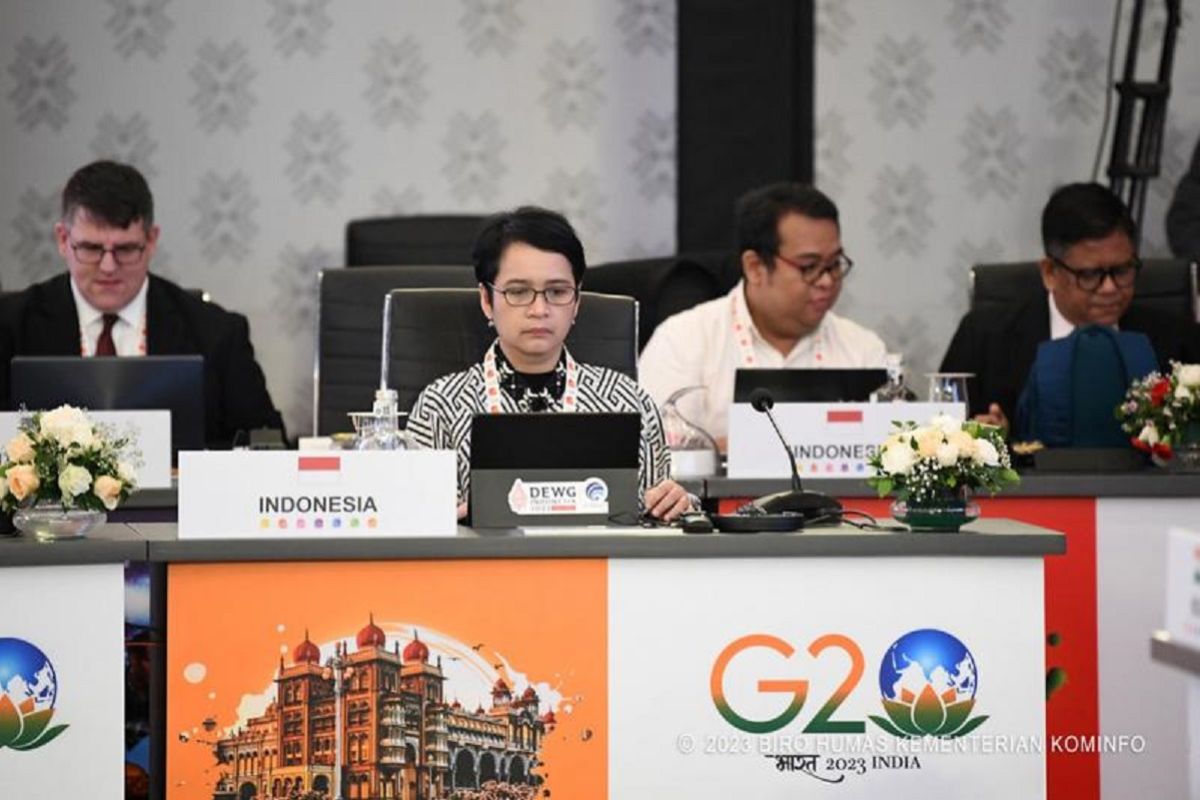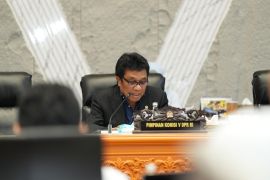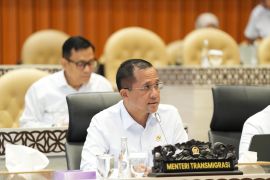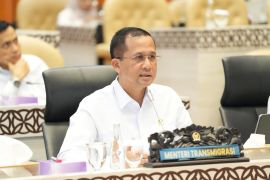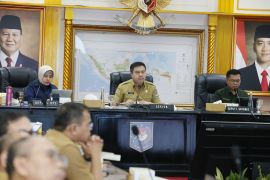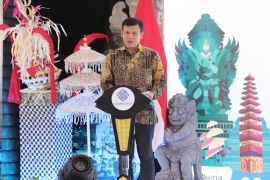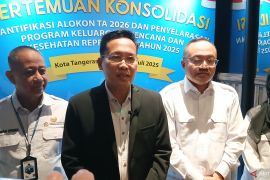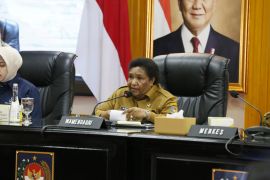Digital government does not only include bureaucratic reform and efficiency, but also strong, safe, and trusted data governance, as well as interoperabilityJakarta (ANTARA) - The government is committed to improving the implementation of the electronic-based governance system or e-government by strengthening governance and service quality, Secretary General of the Ministry of Communication and Informatics Mira Tayyiba has said.
"The Indonesian government continues to be committed to increasing the implementation of e-government and Indonesia's Single Data Policy by strengthening governance, service quality, and human resources," she affirmed, according to a press release issued on Friday.
Tayyiba made the statement at the opening of the "Advancing a Data-Driven Government in Indonesia" event of the OECD (Organisation for Economic Co-operation and Development) Capacity-Building Program in Badung, Bali, on Thursday (September 21).
Citing the result of the UN's E-Government Survey, she said that Indonesia's rank rose significantly from 88 in 2020 to 77 in 2022.
This shows that the development and implementation of e-government in the country has run well, she observed.
She further said that the achievement is the result of the hard work, good cooperation, and strong commitment from all e-government implementation teams at ministries, institutions, and regional governments.
She added that e-government is an initial step in the transition toward digital governance, especially data-driven government in Indonesia.
The promotion of a data-driven public sector, digital transformation, and the use of the right technology are expected to improve the quality of digital government in Indonesia.
Indonesia is currently focusing on efforts to accelerate digital transformation that covers four main fields, namely digital infrastructure, digital government, digital economy, and digital community.
"Digital government does not only include bureaucratic reform and efficiency, but also strong, safe, and trusted data governance, as well as interoperability," she said.
Tayyiba then expressed her appreciation for the OECD's recommendations in the form of digital government studies and reports, which have served as basic guidance for the government to utilize the power of digital technology for the progress of society.
"These recommendations have helped the government in assessing digital maturity and formulating policies to transition from traditional e-government to a more comprehensive and transformative digital government concept," she said.
Related news: Indonesia, S Korea solidify cooperation in digital government
Related news: Indonesia to emulate UK in public service platform integration
Related news: Government promotes digital literacy to accelerate tech adoption
Translator: Fathur Rochman, Raka Adji
Editor: Sri Haryati
Copyright © ANTARA 2023
